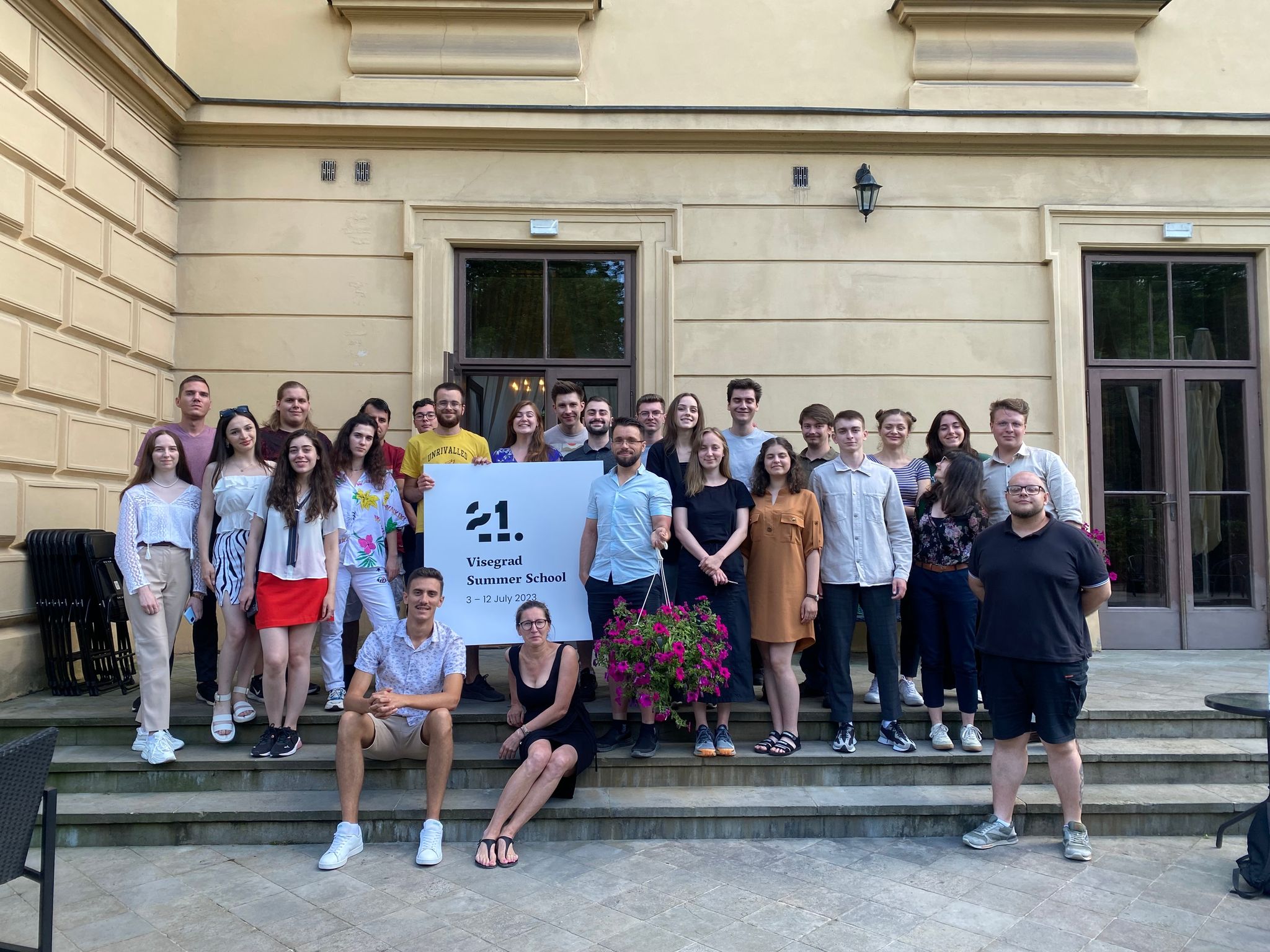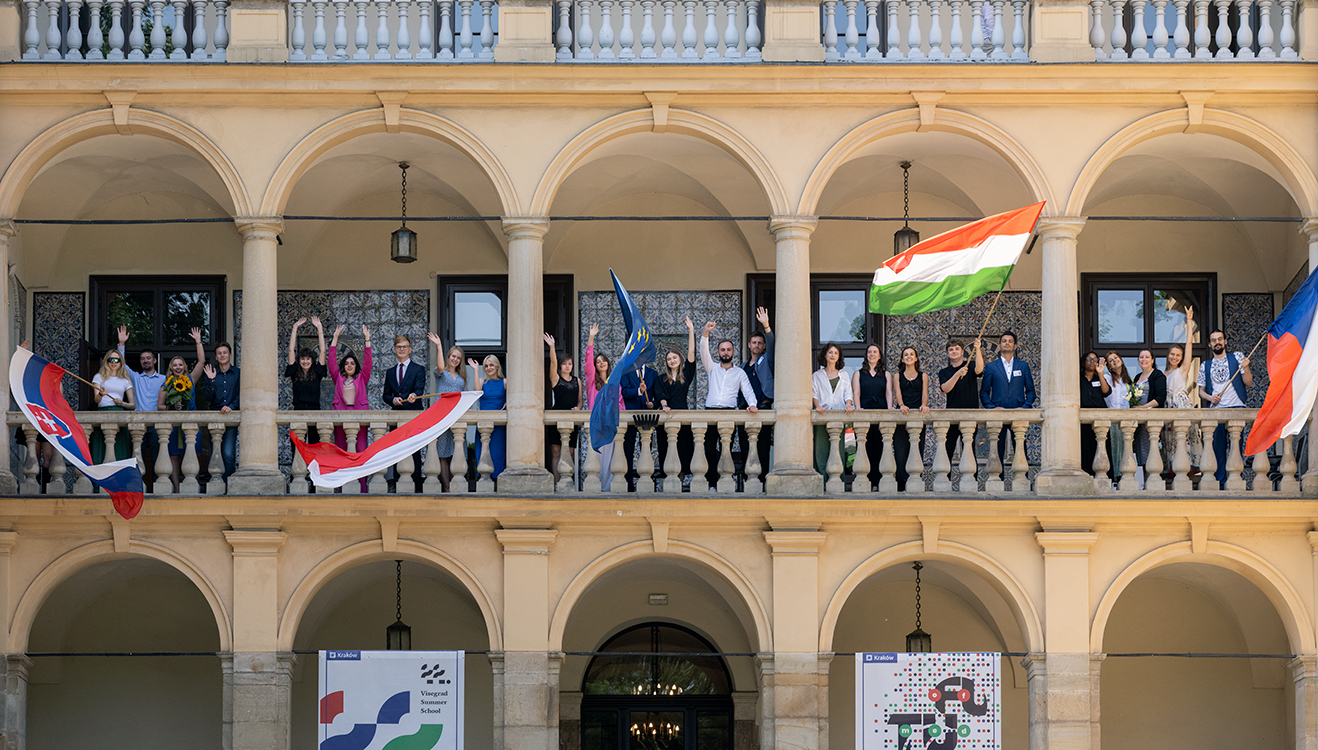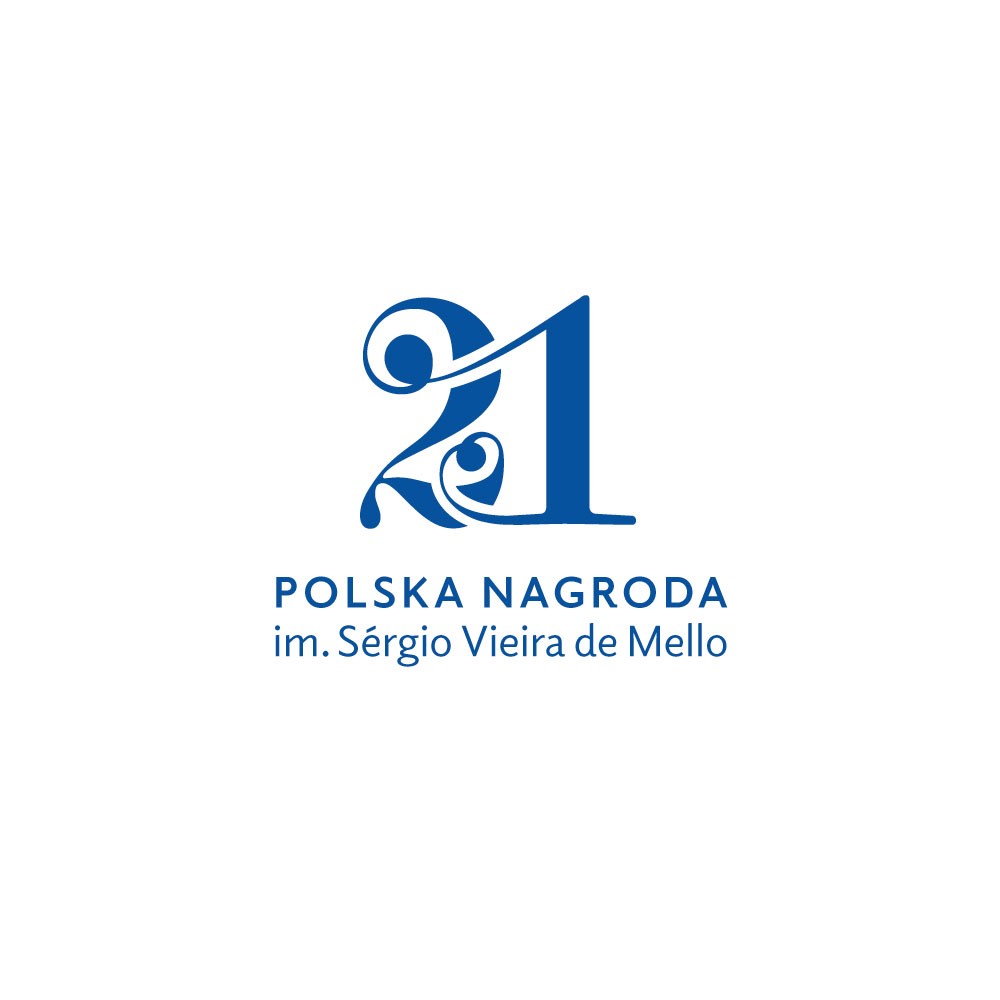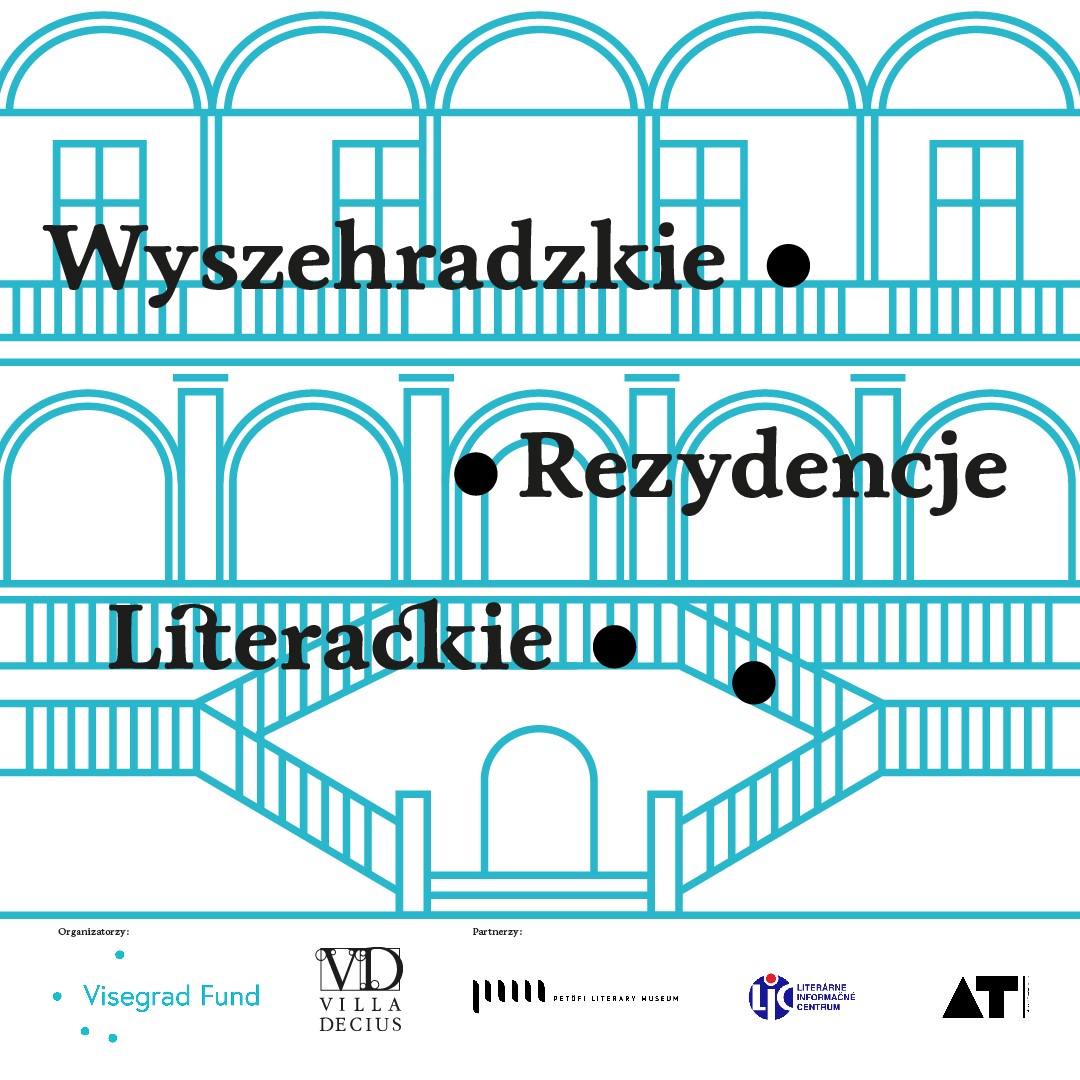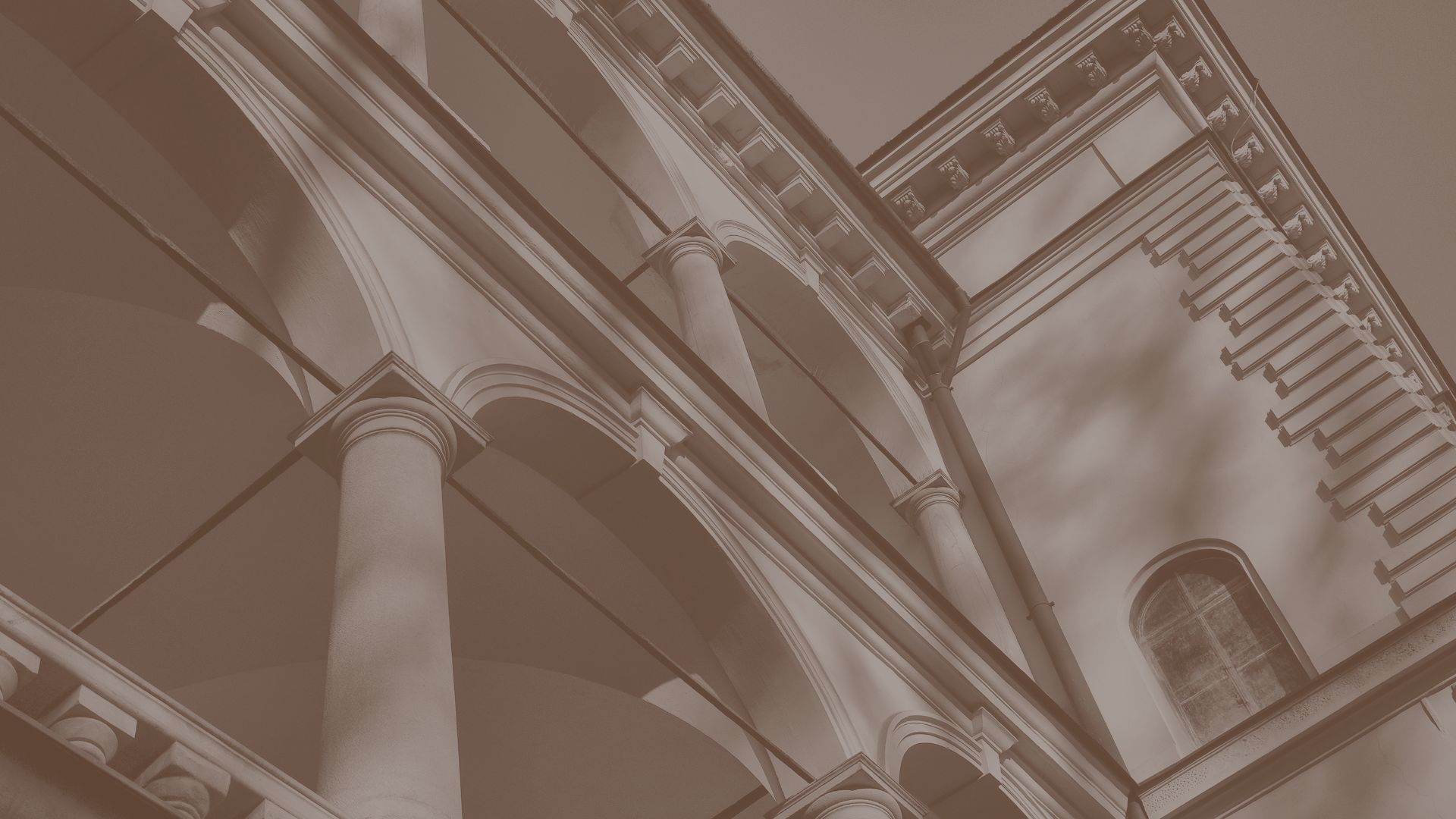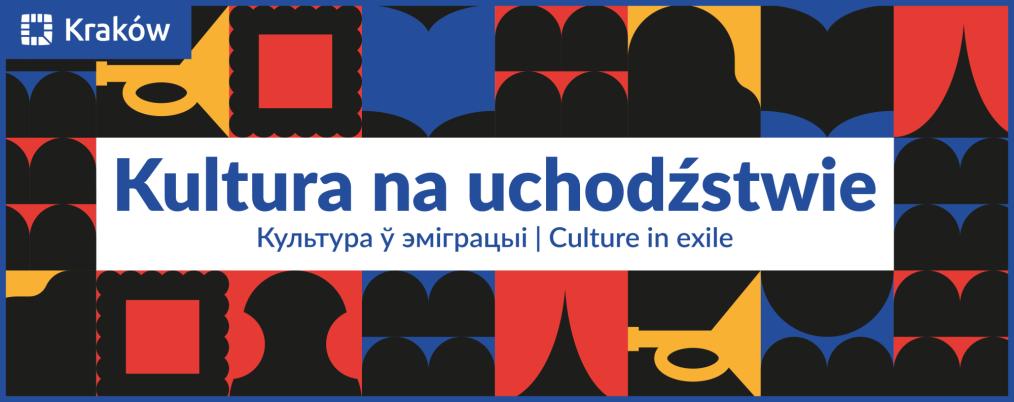
Culture in Exile. Solidarity Days at Vila Decius
03-04.06.2023
Every year, at the beginning of summer, Villa Decius is a home for an event promoting the cultural variety of city of Krakow. Villa Decius for centuries has been known as a meeting place of dialogue of different cultures and traditions. During the XIX century, the Villa served as an important meeting point, as Marcelina Czartoryska established an artistic and patriotic circle there, inviting artists and intellectuals. For the last 26 years it has been a prominent place on the cultural map of Central and Eastern Europe and a safe place for artists seeking refuge from war or persecution in their countries of origin. The implementation of the festival at the Villa – built by a visitor from distant Alsace, Justus Ludwik Decius – refers to the character of Krakow – an open city, building its cultural potential based on the heritage of visitors and close contacts with artists from other countries.
This year, facing a serious crisis of democratic values and civil liberties, we again draw our attention to the culture of countries where artists – as a result of war or political oppression – were forced to emigrate from their homeland in order to find a new place to live, work and create. Organizing the event “Culture in Exile. Solidarity Days at Villa Decius”, we would like to point out that community building consists of both cordial compassion, as well as openness to other voices and traditions, and interest in the culture of neighbors – New Cracovians. Building a community understood in this way gives us a chance to learn something from them and at the same time to learn something about ourselves.
“Forced migration and creative work in exile are experienced by a growing number of artists. For these people the freedom of artistic expression is on the one hand a statement of independence, and on the other hand it is a way of building national and cultural identity. Many Polish authors – it’s enough to mention Adam Mickiewicz, Witold Gombrowicz, Fryderyk Chopin, Sławomir Mrożek, Gustaw Herling-Grudziński, Jerzy Giedroyć, or Czesław Miłosz – had challenging experiences of living and creating in exile. During the Solidarity Days at Villa Decius we make possible a meeting with the work of those who have recently been forced to leave their country and who ended up in Poland and Krakow – and it’s a meeting beyond any other divisions” – says Dominika Kasprowicz, director of the Villa Decius.
“Culture in exile. Solidarity Days at Villa Decius” involves twodays of artistic and social events and integrative workshops organized in a gesture of solidarity with representatives of the cultures of other countries forced to emigrate. The programme covers exhibitions, concerts, discussions, meetings with translators, events for children and literary meetings with guests from different countries, creating a multicultural narrative. The programme also includes actions of solidarity for war refugees and political prisoners, and a presentation of various social activities of migrants from many countries in the field of human rights, gender equality and ecology.
